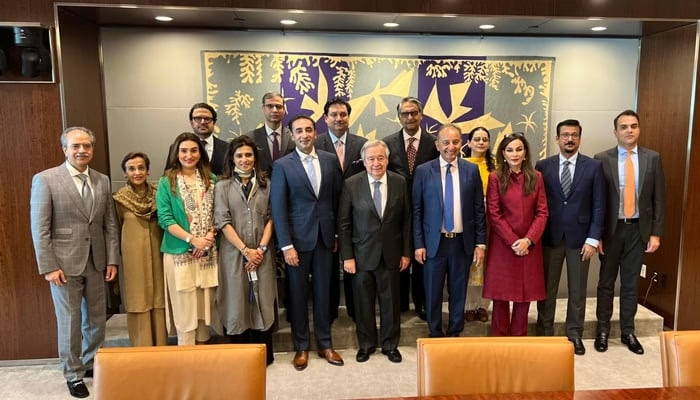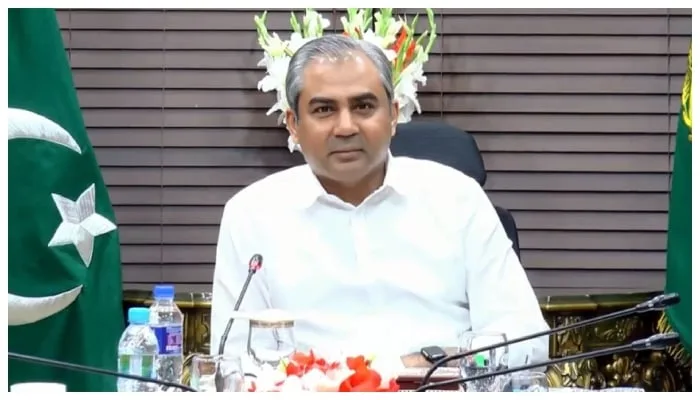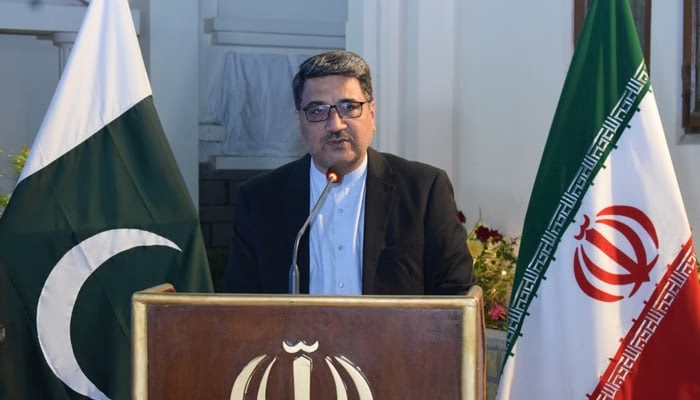In a high-level diplomatic engagement, PPP Chairman Bilawal Bhutto Zardari led a Pakistani delegation to the United Nations headquarters in New York, where he met with UN Secretary-General António Guterres to present Pakistan’s position in the wake of growing tensions with India.
During the meeting, Bilawal Bhutto formally delivered a letter from the Prime Minister of Pakistan to the UN Secretary-General and expressed gratitude for Guterres’ consistent advocacy of tolerance, diplomacy, and peaceful conflict resolution. He acknowledged the Secretary-General’s past efforts in promoting dialogue and stressed the urgency of international attention amid rising regional instability.
Strong Rejection of Indian Allegations
Bilawal Bhutto detailed Pakistan’s stance following the Pahalgam incident of April 22, 2025, where India swiftly accused Pakistan of involvement without presenting any credible evidence or completing a thorough investigation. Bilawal categorically rejected what he termed as India’s baseless and premature allegations, calling them a dangerous diplomatic precedent that could heighten regional instability.
He emphasized that India’s recent military actions—including attacks on civilians, destruction of infrastructure, and suspension of bilateral treaties—represent a clear violation of international law and the United Nations Charter.
Warning of a New Normal in South Asia
The PPP Chairman issued a stern warning to the international community about India’s efforts to establish a new normal—a dangerous trend marked by unilateralism, militarism, and impunity. He stressed that such actions risk pushing nuclear-armed South Asia toward confrontation.
“India is using military force without provocation, violating treaties like the Indus Waters Treaty, and imposing collective punishment on civilians,” Bilawal said. “If unchecked, this could lead to catastrophic consequences for the entire region.”
Urging the UN’s Active Role
In the meeting, Bilawal urged Secretary-General Guterres to play a proactive role in reducing tensions between Pakistan and India. He called on the United Nations to revive dialogue, ensure treaty compliance, and take meaningful steps toward resolving the long-standing Jammu and Kashmir dispute, which remains central to regional peace.
“The people of Jammu and Kashmir have suffered for decades,” Bilawal stated. “Only comprehensive, meaningful negotiations can bring lasting peace and justice.”
He emphasized that India’s decision to unilaterally suspend cooperation under the Indus Waters Treaty is a form of water aggression and poses a serious threat to Pakistan’s agriculture, economy, and millions of lives. The Pakistani delegation provided a detailed humanitarian and legal briefing, highlighting how this tactic violates not only international agreements but also the basic tenets of human rights.
Global Reactions and Diplomatic Support
This diplomatic effort follows a broader outreach campaign by Pakistan, in which other senior government figures, including Special Assistant Tariq Fatemi, delivered the Prime Minister’s message to global leaders such as Russian Foreign Minister Sergey Lavrov and met with the French envoy to brief them on the fallout of Indian aggression.
Bilawal also reiterated that both Indian Prime Minister Narendra Modi and Israeli Prime Minister Benjamin Netanyahu have become major obstacles to peace in their respective regions, comparing their policies of aggression and expansionism. He called for global accountability for countries that ignore international norms and human rights obligations.
UN Response: Commitment to Peace and Stability
In response, UN Secretary-General António Guterres welcomed Pakistan’s diplomatic outreach and its desire to resolve conflicts peacefully. He assured Bilawal Bhutto and the delegation that the United Nations remains committed to regional peace, the rule of law, and supporting efforts that encourage dialogue over conflict.
The United Nations stands with all efforts to promote diplomacy, reduce tensions, and uphold the principles of the UN Charter, said Guterres. He acknowledged the gravity of the situation and reiterated his call for restraint and constructive engagement from all parties involved.
Guterres also expressed concern over the humanitarian implications of any disruption to essential treaties such as the Indus Waters Treaty and emphasized that such actions should not be used as tools of coercion.
A Call for the World to Act
As tensions continue to rise in South Asia, Bilawal Bhutto’s mission at the United Nations highlights Pakistan’s strategy to bring international focus to what it sees as India’s increasing belligerence. By appealing to the world’s highest diplomatic platform, Pakistan is not only seeking to defend its sovereignty but also calling for global solidarity in favor of peace, justice, and lawful conduct.
With diplomatic efforts intensifying, all eyes are now on the international community—particularly the United Nations—to take bold steps that can prevent escalation, protect treaties, and bring South Asia back from the brink of conflict.



